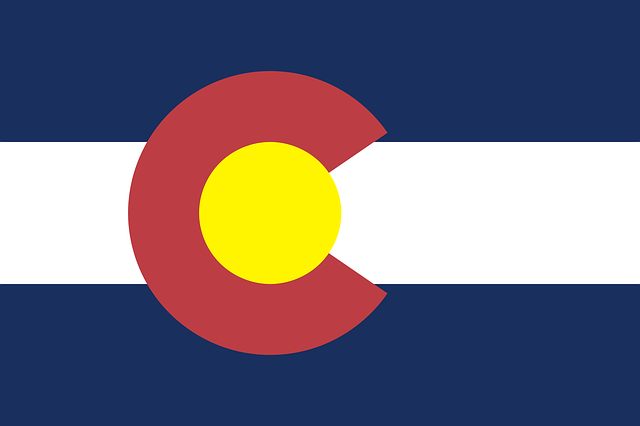If you’re considering homeschooling your child in Colorado, you have three legal options to choose from under Colorado homeschool laws. Here’s what each option entails:
Option 1: Homeschooling Under Colorado’s Homeschool Statute
To homeschool under § 22-33-104.5, you’ll need to:
- Decide who will be homeschooling your child. It can be a parent, guardian, or an adult relative designated by a parent.
- Notify a school district of your intent to homeschool, providing 14 days’ notice before starting and annually thereafter. Include details like names, ages, residence, and hours of attendance.
- Teach required subjects for 172 days a year, averaging four hours per day, covering topics such as the United States Constitution, reading, writing, math, history, civics, literature, and science.
- Maintain records including attendance, test results, and immunization records. Upon request, the school district may access these records.
- Assess your student’s progress with a nationally standardized achievement test or evaluation conducted by a qualified person in grades 3, 5, 7, 9, and 11. Results must be submitted to the designated school district or an independent/parochial school within the state.
Option 2: Homeschooling With an Independent School
Children can be enrolled in established Colorado independent schools, where parents supervise homeschooling under the school’s guidance. Alternatively, two or more homeschool families can establish their own school, keeping minimal records and teaching required subjects.
Option 3: Homeschooling With a Certified Teacher
If the instructor (either a parent or someone designated) holds a valid Colorado teaching certificate, there are no notification, assessment, or other requirements under Colorado homeschool laws.

